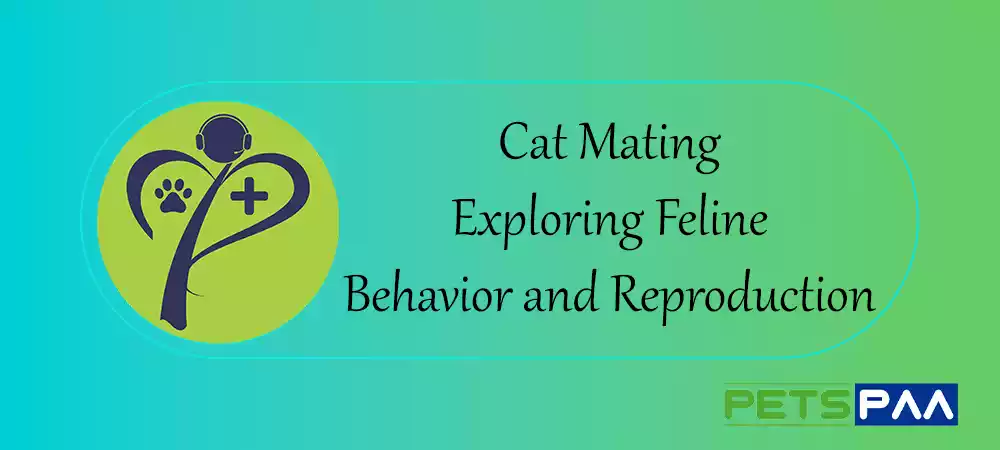Can Cats Eat Blackberries? Exploring safety and benefits
Do you wonder if it’s okay to share your tasty blackberries with your kitty companion? Now you are thinking can cats eat blackberries? The good news is Yes!! Your cat can eat blackberries!! Let’s discover more about the nutritional advantages, precautions, and how to offer blackberries to your pet.
Table of Contents
Introduction
Cats are known for their strict carnivorous feeding habits, which frequently leads pet owners to worry if it’s safe to include fruits in their feline’s diet. People adore blackberries because of their brilliant color and high nutritional content.
However, it is critical to understand cats’ nutritional requirements and if blackberries can be safely introduced into their diet.
Understanding Cat Nutritional Requirements
Before we go into the issue of blackberries, let’s first learn about the nutritional needs of cats. Cats are obligate carnivores which means they get most of their protein from animals.
Their systems are built to digest and absorb nutrients from these sources, which provide critical amino acids, taurine, and other components for their general health.
Blackberry Qualities
Blackberries are high in antioxidants and have various health advantages for humans. They are also high in vitamins-minerals and fiber so it is believed that they help to enhance the immune system, aid digestion, and promote overall well-being.
Are Blackberries Harmful to Cats?
Now, let’s get to the main point: can cats eat blackberries? Yes, cats can eat blackberries safely cause they are nontoxic to cats.

Concerns about Toxicity and Blackberries
Fruits such as grapes and other citrus fruits can be harmful to cats but blackberries do not contain any known toxins that could damage your feline buddy. As a consequence, they’re usually a safe bet for occasional treats or broadening your cat’s food options.
Blackberry Health Advantages
Antioxidants included in blackberries aid to minimize oxidative stress and promote general health. These antioxidants can neutralize potentially damaging free radicals, potentially lowering the risk of some illnesses and encouraging a healthy immune system in cats.
Furthermore, blackberries include dietary fiber, which can improve digestion and promote digestive health. Blackberries include fiber that can help cats maintain regular bowel motions and avoid constipation. Blackberries provide various nutritional advantages for cats, including:
Antioxidants
Blackberries are high in antioxidants which assist to maintain your cat’s general health and protect cells from free radical damage.
Fiber
While cats do not require dietary fiber in the same way that people do, it can assist improve their digestive system by facilitating normal bowel movements.
Vitamins and minerals
Blackberries provide vitamins and minerals such as C and K, manganese, and folate, which contribute to your cat’s balanced diet.

Considerations and Precautions
Blackberries can be a healthy addition to your cat’s diet but there are certain precautions you should consider:
Choking Risks
One risk of providing blackberries to cats is that the small seeds in the fruits might cause choking. To reduce the danger, quarter or mash the blackberries before offering them to your cat. This reduces the possibility of your cat choking on the seeds.
Sugar Content
Although the sugar in blackberries is natural, cats, being obligate carnivores, have a low tolerance for it. Excess sugar consumption can result in obesity, diabetes, and tooth problems.
Allergies and Sensitivities
Some cats may be allergic or sensitive to blackberries, resulting in gastrointestinal difficulties or other negative effects. When introducing new foods, keep a watchful eye on your cat.
Moderation and portion control
Cats should take blackberries in moderation. While blackberries are a healthy treat but it is important to remember that cats require a diet rich in high-quality meat-based dishes. Fruits, especially blackberries, should only make up a modest percentage of their entire diet.
Personal Preferences
When it comes to food cats also have unique preferences like people. Some cats enjoy the flavor and texture of blackberries, while others do not. Please consider and respect your cat’s choices and don’t force them to eat blackberries if they don’t want to do.

How to Introduce Blackberries to Your Cat
If you decide to feed blackberries to your cat, start with modest amounts and see how they react. After consuming blackberries, keep an eye out for any symptoms of allergies, digestive difficulties, or discomfort in your cat.
If your cat exhibits any bad effects, discontinue feeding blackberries and visit your veterinarian. When sharing blackberries with your cat, keep the following considerations in mind:
Moderation Feed
Always serve blackberries and other fruits in moderation to your cat. They should not constitute a substantial component of their diet because they are predominantly carnivorous.
Preparing Blackberries
To prevent choking dangers, properly wash the blackberries and chop them into smaller pieces. Serve them simply, with no sugar or other extras.
Blackberries are a treat, not a staple
Remember that blackberries should be used as a treat rather than a regular element of your cat’s diet. Cats require animal-based protein to survive.
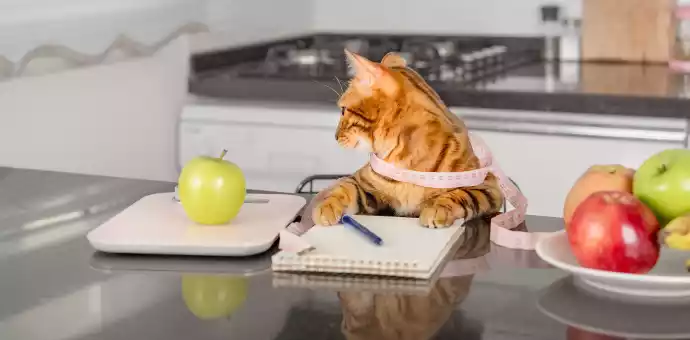
Fruits that are good for cats
There are alternative solutions if your kitty buddy adores blackberries or you want to feed them other fruits safely. Cats can eat bananas, seedless watermelon cubes, strawberries (with stems and leaves removed), blueberries, raspberries and cranberries (cut into small pieces to prevent choking).
What Cat Foods to Avoid
Avoid giving your cat grapes, raisins, onions, garlic, and chocolate, since they can be poisonous.
How Cats Get Their Nutrients
Cats require a high-quality diet heavy in animal protein. They often acquire critical nutrition from specially designed cat food.
Conclusion
In this post we have fact-checked “Can cats eat blackberries?”, so, in conclusion, blackberries are safe to eat in moderation by cats. They contain health advantages including antioxidants and dietary fiber, which can help your cat’s general health. When introducing blackberries or other fruits into your cat’s diet, keep choking concerns, individual tastes, and the carnivorous character of cats in mind.
Always put your cat’s basic nutritional needs first, which should be satisfied with a well-balanced, high-quality meat-based food. If you have any issues or questions regarding your cat’s nutrition, please feel free to comment to us.
At Last, Cats can eat blackberries as a treat on occasion, but bear in mind the potential hazards and precautions. Always serve in moderation, and make sure their primary diet comprises high-quality cat food.
FAQs (Frequently Asked Questions)
Yes, blackberries are safe for cats when consumed in moderation and properly.
Cats can eat blackberries, cranberries, blueberries, and raspberries. Always serve in moderation.
Yes, cats can eat raspberries in moderation. They should be given as an occasional treat due to their carnivorous nature.
Yes, cats can eat strawberries in moderation after removing the leaves and stems. Introduce new foods gradually.
Yes, cats can eat blueberries in moderation. They are low in calories and high in fiber but introduce them gradually.
It’s best to avoid feeding strawberry leaves to cats as they can be difficult to digest.
Yes, cats can eat kiwi in small amounts after removing the skin and seeds. Introduce it gradually.
No, grapes and raisins are toxic to cats and can cause kidney damage. Keep them away from cats.
Yes, cats can eat small amounts of apples after removing the seeds and core. Apples should be given as a treat, not a significant part of their diet.


